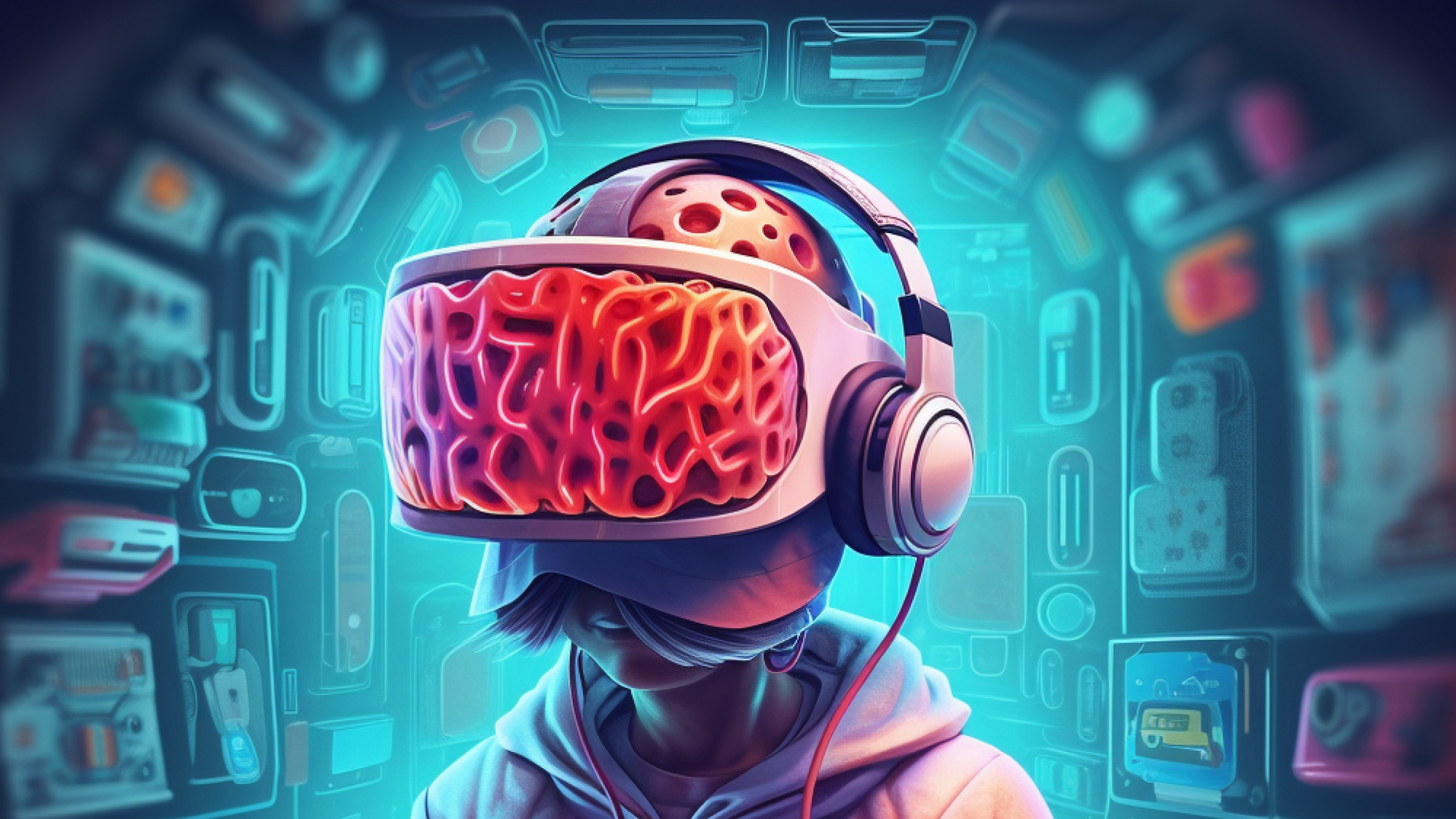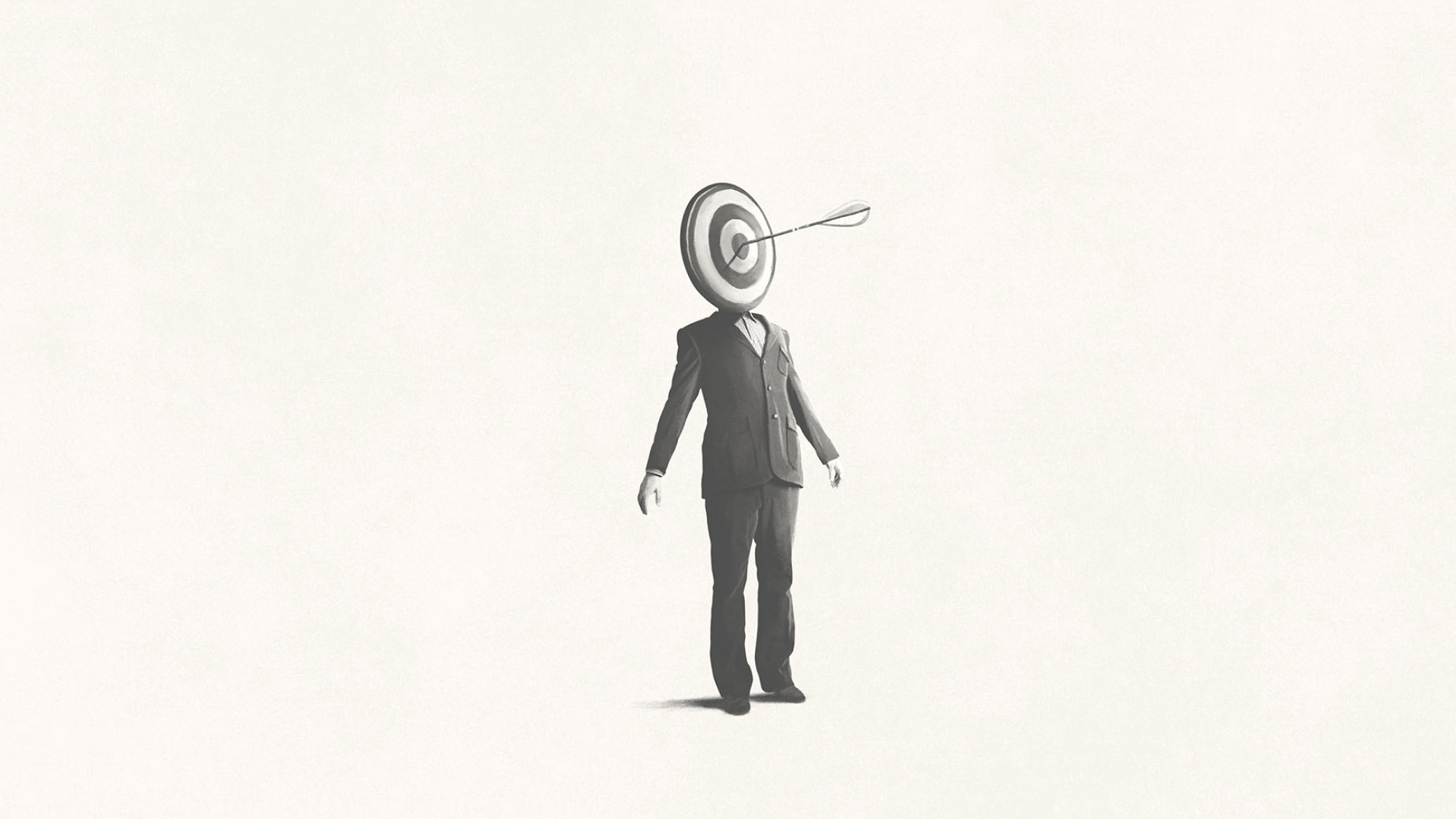
Recession — the word that nobody likes to hear. And yet, these days, that’s all that economists and investors seem to be talking about, as it seems we are headed for another economic recession.
With mortgage rates rising in the US, the all-time high rise of inflation, the continued War in Ukraine leading to a bump in food and energy prices worldwide, the quickening speed of a Stock Market crash, and the seemingly never-ending story of the pandemic, it’s no wonder the economy is plummeting.
Long-lasting effects of a recession
Unsurprisingly, the Recession is a bad time for everyone, with many suffering beyond just their finances. While the financial burden is just the start of it, economic recessions can have a long-lasting effect that hit us hard.
In fact, several studies have shown that those who experienced hardships during the Great Recession — whether it be financial, housing, or job-related — dealt with a decline in mental health. One study demonstrated a link between hardships during the Great Recession to lasting effects of depression, anxiety, and problematic drug use.
The research found in Clinical Psychological Science shows that people experiencing hardships during this time had a significant decline in mental health that remained years after the end of the recession. As Miriam K. Forbes, lead researcher noted in the study,
Individuals who experienced even a single recession impact still had higher odds of nearly all of the adverse mental health outcomes we examined — including clinically significant symptoms of depression, generalized anxiety, panic, and problems with drug use — three years after the recession
— Miriam K. Forbes
What losing money does to you
As noted in another article on what happens to your brain when losing money, our brains activate the same areas of that are associated with fear and pain. A study by Wellcome Trust Centre found that during a gambling task, when we lose money or even predict for this to happen, our brains react similarly to that of being hurt. Whether we lose a job, need to pay a loan, and/or simply lose a gamble, this makes sense as to why the pain in the term ‘financial pain’ is very much a real thing.
In fact, our brain is so closely tied to money, that even an auditory signal hinting at some economic outcome has been shown to change the plasticity of your brain’s cortex.
Considering that losing money can affect your neurological self, it’s no surprise that it can also do quite a lot of damage to your overall mental health. One study showed how adults who lost their retirement savings in a bank fraud were reported to have elevated rates of depression, anxiety, and increased use of medications. This behaviour in taking more anti-anxiety meds was not just associated with losing funds from a bank, but not having a job itself demonstrated the same effect.
According to one study that pulled monthly data from the National Ambulatory Medical Care Survey, there was a rise in mental health drug prescriptions for depression and anxiety by about 10% when employment fell by 1%.
What you can do to prepare
While some events are inevitable and may be out of our control, one thing that we can choose to do is begin to prepare for the oncoming recession and plan to be more money smart. As such, instead of idly waiting for the economic downturn to hit, its more important than ever to start building on the following habits:
- Focus on building an emergency fund — Even if its just a bit, it’s important more than ever before to start focusing on setting up an emergency fund, as you never know what will happen. A survey from Bankrate shows that at least in the US, 17% of Americans have more money stashed away before the pandemic, and 34% of them have even less. To make matters worse, more than half of Americans were not comfortable with their emergency savings.
- Begin to budget — When you starting budgeting, you gain a lot more than simply learning to cut expenses. Knowing how to budget ultimately helps to create discipline and self-control, which can take you a long way in all aspects of your life.
- Start a side hustle — There is no better time than now to start a side hustle. With so many resources out there, from websites to YouTube, it’s time to create some extra sources of income and stop relying on one. Whether it’s creating a Youtube channel, doing affiliate marketing, or building an e-commerce store, creating a side hustle can help to create an additional income stream.










